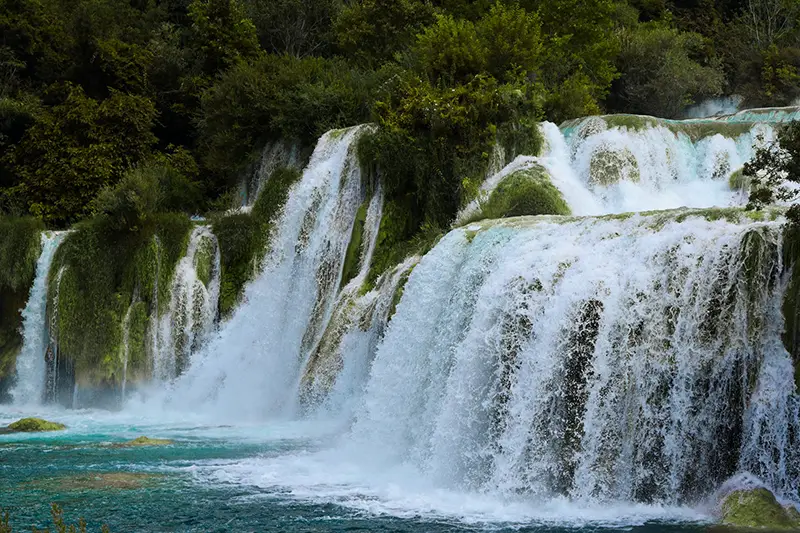Click here to get this post in PDF
Water is one of the most valuable resources. But in the contemporary day and age, it has acquired the tag of being the most polluted resource. And the blame is on us.
We, humans, have always been ruthless towards the favors generously given to us by nature. As a result, we are left with dirty water to pass on to future generations. As far as we are concerned, we are putting up with polluted water and bearing its brunt in the form of severe health issues.
Although factories, that share the biggest portion of the blame for polluting water, are doing their bit to contain further damage by preventing hazardous materials from entering the water bodies and using several modalities like liquid filtration products, etc., little effort on an individual level can go a long way in this respect.
Infographic created by Tunnel Vision Pipeline Services, a CIPP lining company
You can adopt little measures in your day-to-day life and help in minimizing water pollution. Read further to know how.
- Don’t pour grease, fat, or oil into the sink
Abstain from pouring fat from cooking or any type of grease, fat, or oil down the drain. These substances deposit on the walls of your pipe, clogging the sewer pipes and backing up into your basements or yards. This waste can contaminate the local water bodies.
Instead, keep a fat jar in your kitchen and collect the waste to discard it with solid waste.
- Do not dispose of medical waste down the toilet
Most people have a habit of flushing down contaminated liquids, medicines, and drugs. These substances are laden with toxic materials that besmirch the quality of the natural water system. The drugs can hamper marine wildlife upon reaching the water.
Hormones and other such compounds lead to an array of health issues in marine animals, birds, and people who use contaminated water.
Read the recommended disposal method and stick to the same.
- Do not use fertilizers, pesticides, and herbicides
Fertilizers, pesticides, and herbicides are packed with harmful chemicals that pollute the water bodies to a great extent. When used excessively, these chemicals reach the water bodies via surface runoff or soil infiltration and pollute the water.
Consider using organic methods for disease control, weeds, and pests.
- Limit the use of toxic detergents, bleach, and dish cleaners
Detergents, bleach, and dish cleaners are high in phosphates that contribute to algal bloom and kill aquatic animals by reducing the oxygen level in the water.
Make it a point to use phosphate-free detergents, soaps, and dish cleaners.
- Do not flush anything and everything
Just like people have a habit of discarding medicine down the flush, many use their toilets as bins and discard paper waste, dust cloths, and other such waste in the toilet. These materials make their way to the oceans, rivers, lakes, or other water bodies, taking their toll on the health of the water ecosystem.
Adopt proper waste disposal measures to keep water pollution in check.
- Plant a lot of trees
Trees decelerate the pace of surface water runoff and arrest erosion. They slam on the anchors on toxic substances that approach water systems. Hence, planting trees is one of the most viable options to prevent water pollution.
Plant a lot of trees to keep the water and air clean, more so if you live adjacent to a water body.
The bottom line
Do not underestimate the power of individual actions. Let the big industrial set-ups or the federal government take measures to curb water pollution. Focus on how you can contribute your bit to change the scenario. Also, do not forget to protect yourself from pollution. Along with water pollution, there are also plenty of ways to protect yourself from air pollution. Stay vigilant against pollution and adopt the above tips to prevent water pollution at an individual level.
You may also like:
Oxyle raises $16m to lead the fight against the “forever chemicals” contaminating our water
Switch to Green Energy to Save Cash and the Environment
Image source: Unsplash.com

